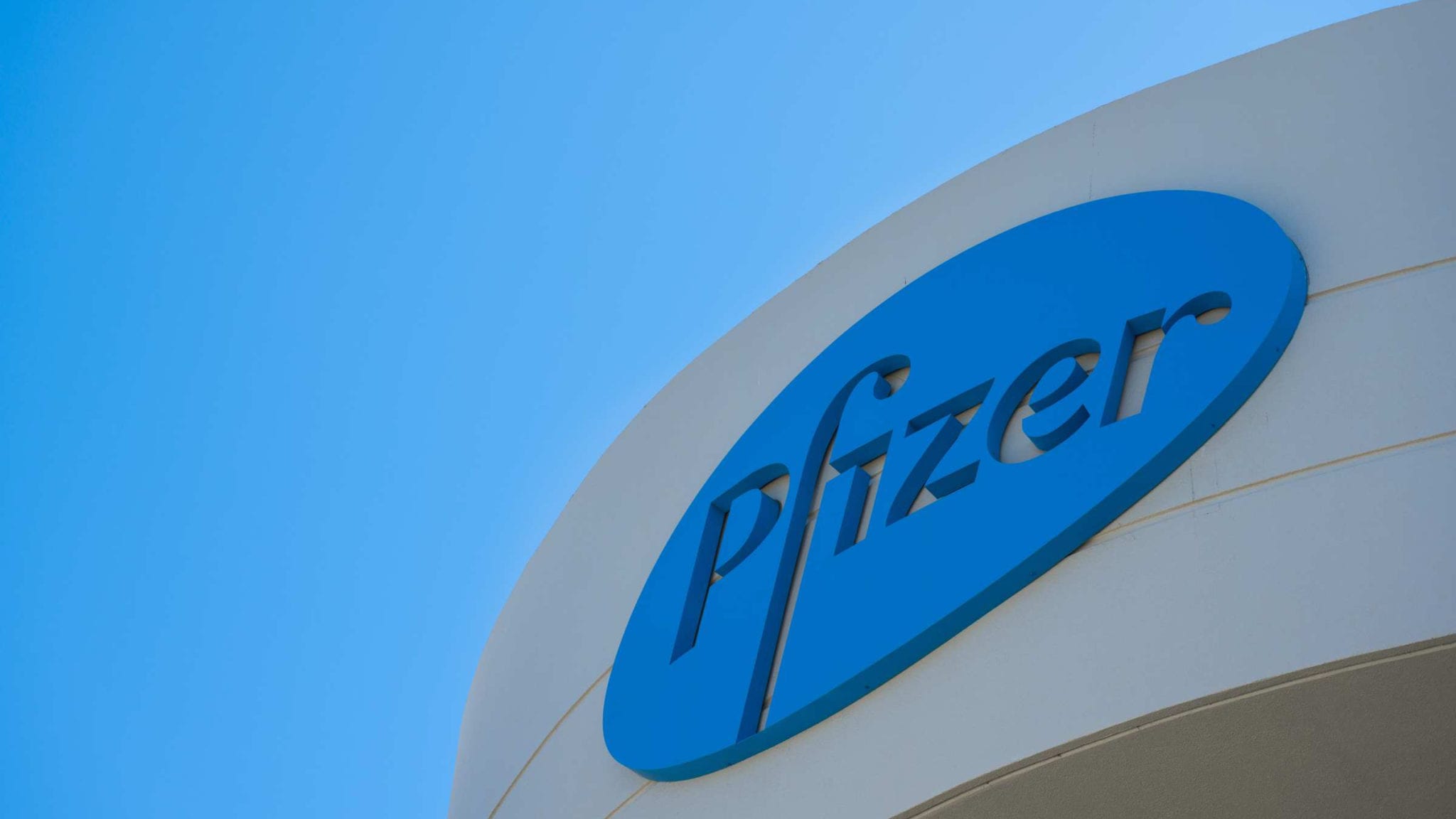
In crowded prostate cancer market, Pfizer's Xtandi notches third approval for use in earlier stage of disease
Pfizer’s entrenched androgen receptor inhibitor Xtandi has secured its third prostate cancer approval in a market flush with rivals.
On Monday, Pfizer and partner Astellas …
Sign up to read this article for free.
Get free access to a limited number of articles, plus choose newsletters to get straight to your inbox.